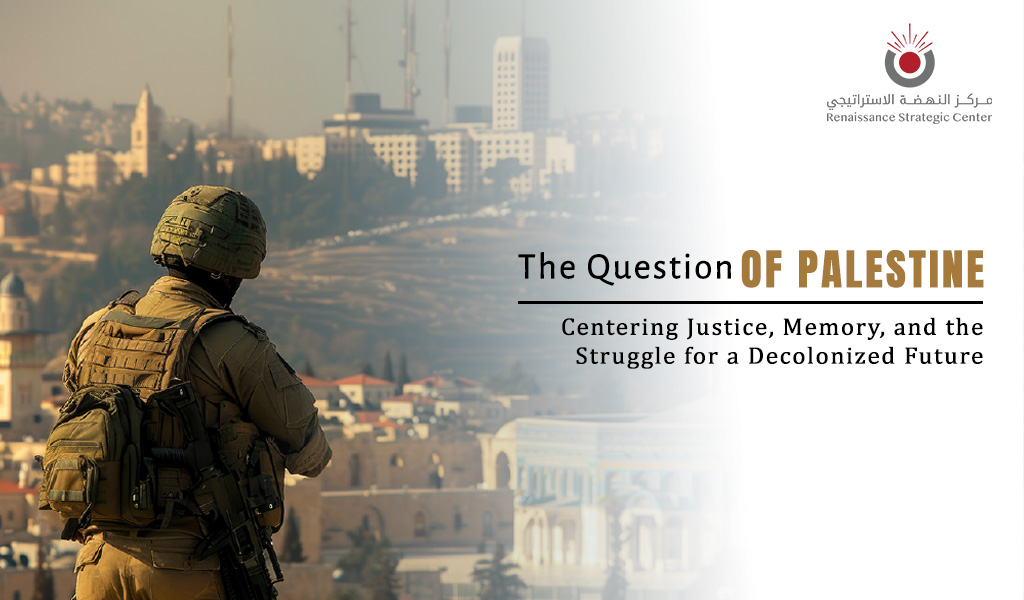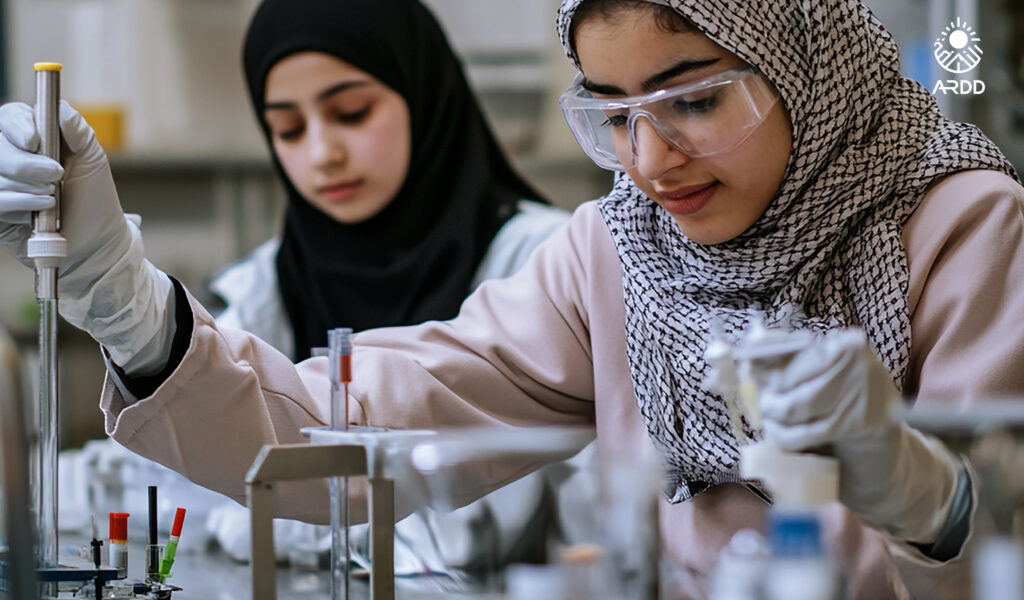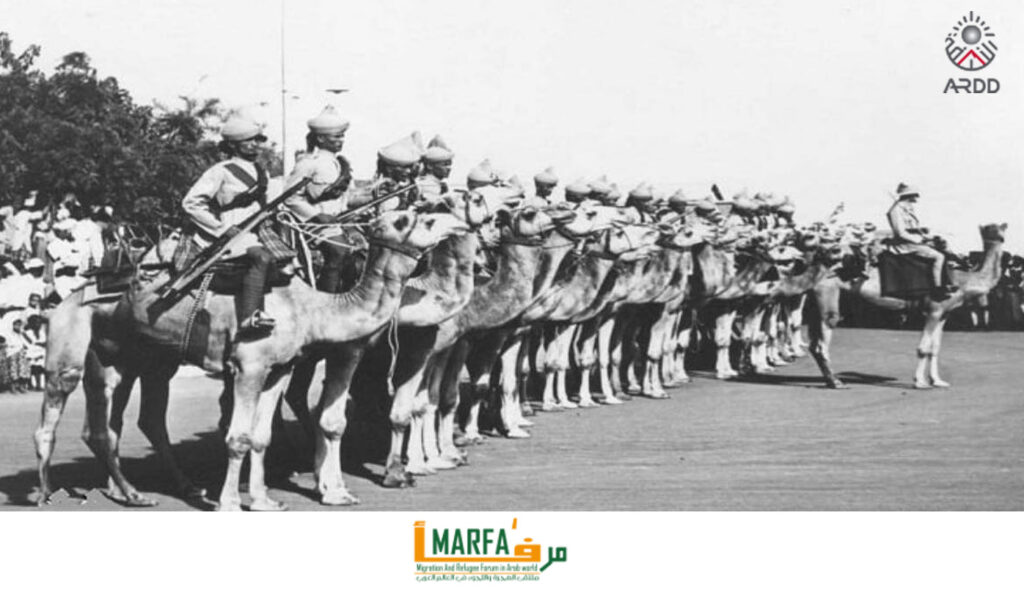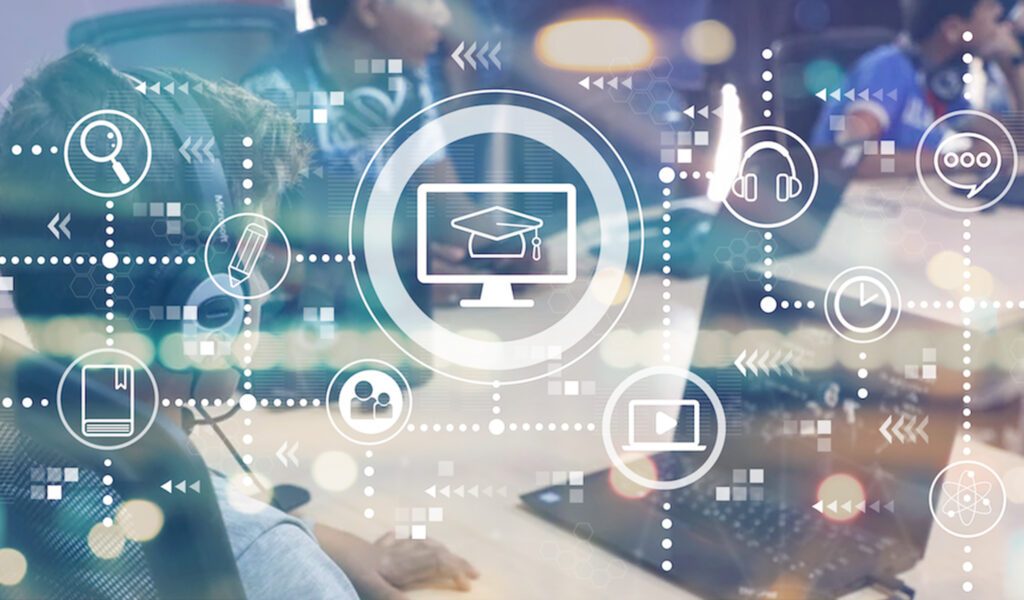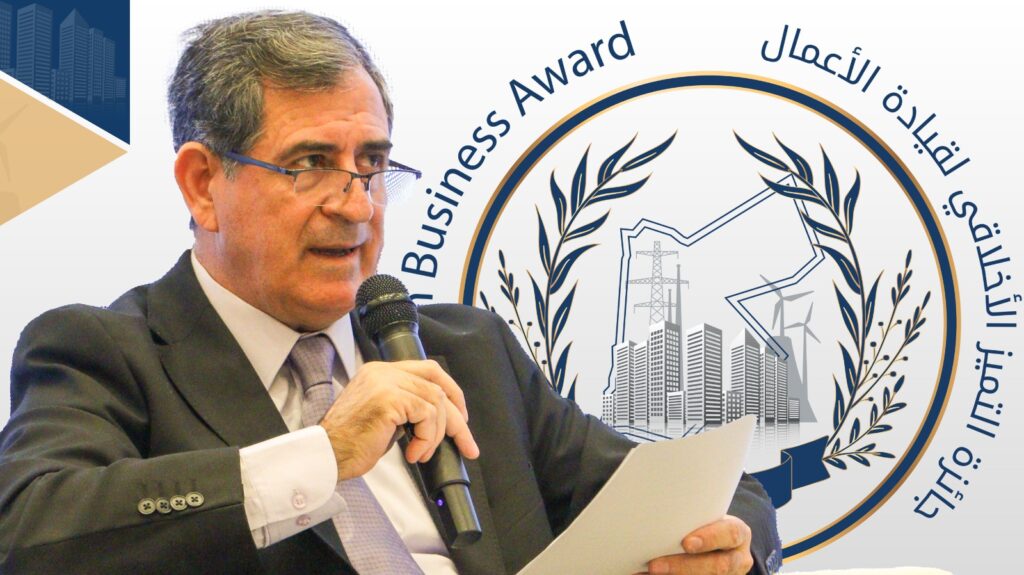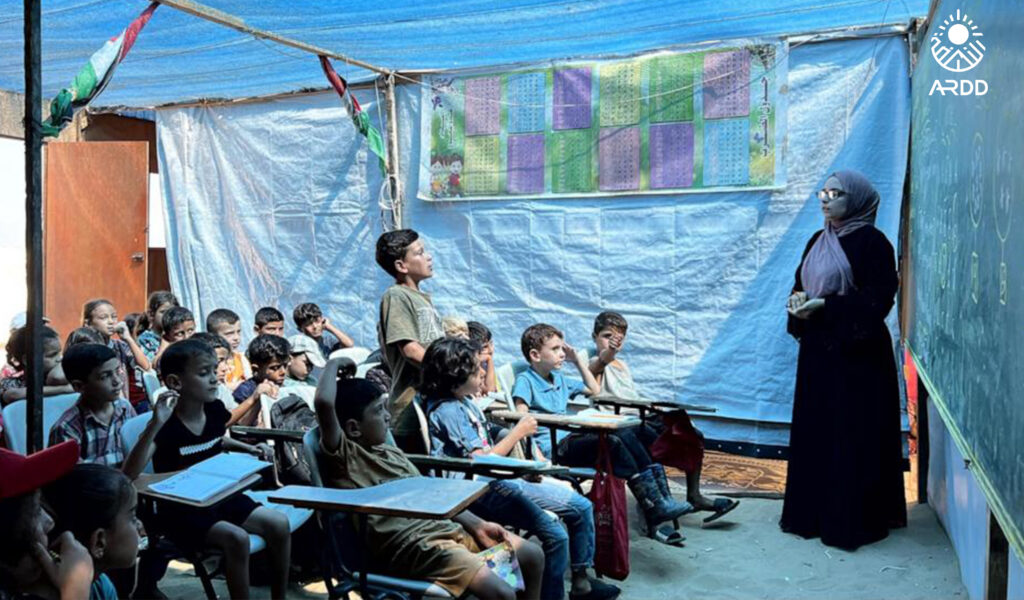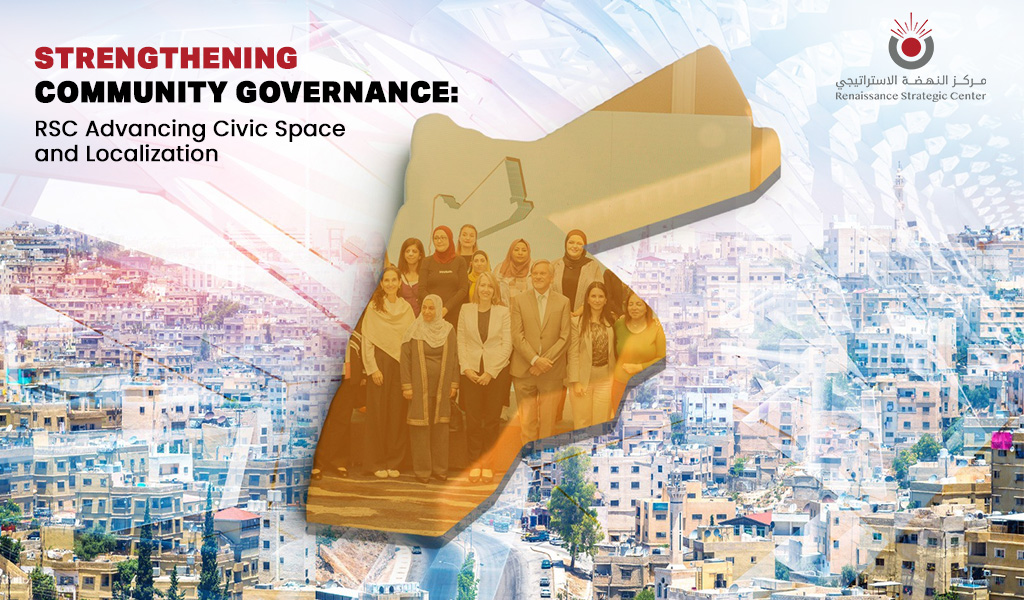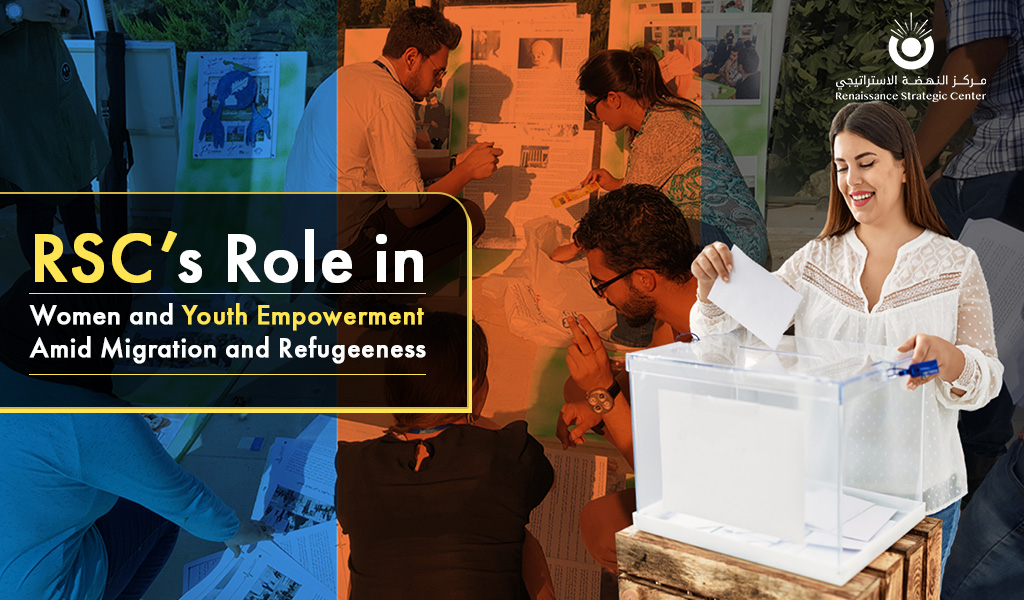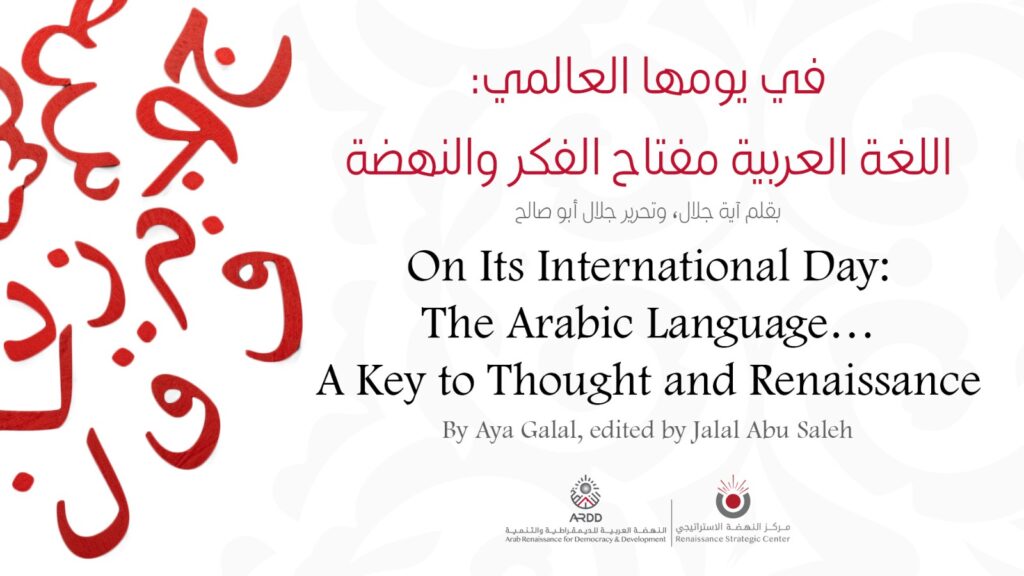The issue of Palestine has been a central point around which all kinds of world discussions, political, moral, and legal, have brought in numerous arguments for decades. The question has a deeper meaning in the Arab world. It is about the common identity of the Arabs, their unjustified claim, and the future of the region through the process of maturing. Thus, the Renaissance Strategic Center (RSC) at the Arab Renaissance for Democracy and Development (ARDD) has initiated the Question of Palestine Program (QPP) to give the problem a concentrated platform that will raise Palestinian voices, strengthen understanding, and help bring about the right actions from the Middle East.
QPP derives its foundations from the belief that the Palestinian struggle must not be considered as a temporary crisis or a diplomatic file that is only brought up in times of conflict. It truly mirrors an injustice that has been going on for a long time through the means of land expropriation, forced removal of the original inhabitants, apartheid, and ongoing violence. The project advocates for continuous involvement in the areas of scholarship, law, politics, and society. QPP will engage in a dialogue about Palestine through the use of research, advocacy, capacity-building, and regional networking, always focusing on the values of dignity, justice, and genuine avenues to decolonization.
A Program Built on Justice: The Pillars of the QPP
The Question of Palestine Program is established with three interrelated pillars that address various aspects of the Palestinian struggle.
Palestinian Refugees: The Right of Return and the Fight for Protection
At the core of Palestinian identity is the story of refugees. Generations were displaced from their homes, yet remain firm in their pursuit of justice. The Palestinian Refugees pillar within QPP supports wider awareness, community engagement, and informed dialogue on the right of return, a key principle in international law and a central component of Palestinian national rights.
This pillar also places strong focus on UNRWA, the agency responsible for services to Palestinian refugees. QPP works to support UNRWA during its financial and political pressures through active engagement, advocacy efforts, and cooperation with partners across the region and abroad. These efforts aim to safeguard essential services and protect the rights of refugees, particularly at a time when efforts to undermine UNRWA have increased.
Accountability and Reparations: Advancing Justice Through International Law
The concept of accountability and reparations is mainly structured on the premise that any peace that is going to last must be fair. It covers the activity of documenting the breaches of international laws, moving on with legal ways, and creating a scenario of Palestinian reparative justice.
The commitment is further highlighted by the publication of “A Moon Will Rise from the Darkness”, a notable book that has in its contents the reports of Francesca Albanese, the UN Special Rapporteur on the Occupied Palestinian Territories. Her writing has been in the capacity of revealing Israel’s conduct since October 2023 and claiming that the terror should be classified as a genocide. The reports are historical as they trace current occurrences to the longer history of settler colonial practices. Furthermore, they also show the role of global corporations as the beneficiaries of destruction, therefore, turning the loss of Palestinians into a gain from trade.
The Global Network on the Question of Palestine (GNQP) under ARDD has been the main reason behind the publication that shows there is a constant struggle to guard and preserve the evidence of the atrocities, reinforce accountability, and point out the international involvement in the matter. The book is provided with the participation of the ex-Special Rapporteurs Richard Falk, John Dugard, and Michael Lynk, as well as a preface that is a product of the collaboration between UNRWA specialist Lex Takkenberg and academic Mandy Turner, thus turning it into a prime resource for the three categories of people: researchers, policymakers, and advocates.
Decolonizing Palestine: Imagining a Just Future Beyond Oppression
The third pillar, Decolonizing Palestine, advocates for innovative strategies that transcend outdated political paradigms that have lost their capacity to provide solutions. QPP acknowledges the demise of the two-state solution and shifts the emphasis from the Palestinian right to freedom to the entire process of decolonization. This right is based on and struggles for the provision of dignity, equal rights, and liberation from the apartheid regime, occupation, and the elimination of control systems.
Children and youth are instrumental in this vision. They contribute to the ability to expand political horizons, to energize collective action, and to create new routes through which liberation can be achieved. The program fosters creative thinking, inter-generational dialogue, and active participation in the realities that colonial powers have imposed.
The Global Network on the Question of Palestine: Connecting Voices for Justice
The Global Network on the Question of Palestine (GNQP), which was created with the support of HRH Prince Hassan, is at QPP’s center. The Network connects regional experts, global specialists, young leaders, and institutions committed to justice for Palestine. GNQP has helped elevate the stories of the Palestinian people in global arenas. Its efforts included lending support for the publication of Francesca Albanese’s reports on genocide, prepared in partnership with CR Press, a publisher dedicated to publishing critical scholarship.
Efforts by GNQP demonstrate that The Question of Palestine is not just a regional issue. It is a global moral responsibility that calls for collective action.
A Call to Continue the Work
As acts of violence escalate, displacement grows, and the calls for justice become more dire, the QPP remains a vital source of truth, accountability, and a vision for the future. By means of its three pillars – Palestinian Refugees, Accountability and Reparations, and Decolonizing Palestine – the program situates the Palestinian struggle within a broader pursuit for renewal across the region.
The Question of Palestine is not only about the past; it inhabits the present through identity, political life, and the future of generations to come. With the ongoing efforts of RSC, ARDD, and GNQP, young people are being empowered with important tools needed to claim justice, dignity, and the right to live with freedom and purpose.

